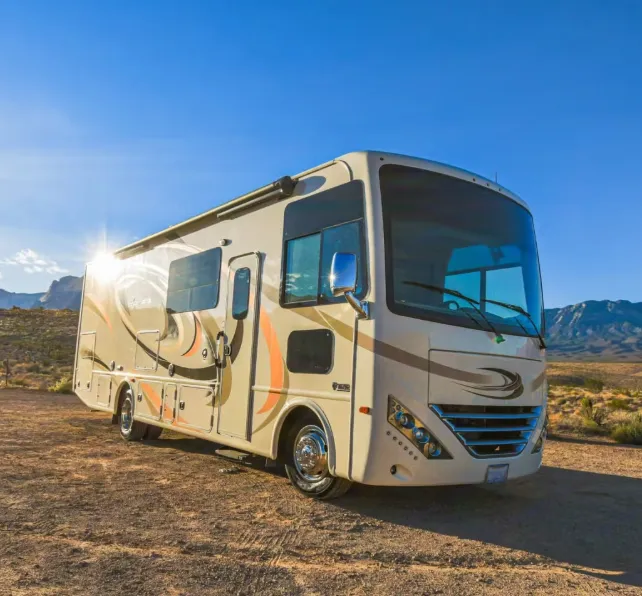Are you ready to hit the road and start your cross-country RV adventure? Whether you’ve bought or rented a beautiful RV, securing the right insurance is crucial. One option that might be right for you is agreed value RV insurance, but what exactly does that mean? If you’re looking for peace of mind while enjoying your travels, here’s everything you need to know about agreed value RV insurance.
Do You Need Insurance for Your RV?
The answer is a resounding yes! When you’re traveling in a vehicle that’s essentially your mobile home, it’s essential to have the right coverage. Whether your RV is a large motorhome or a towable camper, finding the best insurance policy to protect your investment is vital.
There are a few important questions to consider when shopping for RV insurance, especially agreed value coverage. Let’s explore some of them:
1. Do You Drive the RV or Tow It?
If your RV is a towable trailer, it may be covered under your car insurance while in transit, but only for liability, not comprehensive or collision coverage. If something happens when the RV is parked or disconnected from your car, your car insurance won’t cover it. For this reason, you’ll need separate coverage for your towable RV.
On the other hand, if you’re driving a motorhome, your regular car insurance won’t cover it. You’ll need a dedicated RV policy to ensure you’re fully protected.
2. Is Your RV Your Full-Time Home?
If you’re living in your RV full-time, this is an important factor in your insurance decision. As someone living in their RV, you likely have valuable personal items inside, and if something happens to your RV, you’ll want coverage for both the vehicle and your belongings. Additionally, you’ll want to make sure your RV insurance includes coverage for emergency living expenses in case your RV becomes uninhabitable.
3. Do You Use Your RV Seasonally or Store It?
For those who use their RV occasionally and store it for long periods, you’ll still need an RV-specific policy. It’s crucial to have insurance that covers any potential damage or theft while the RV is in storage. This will ensure you’re protected even when the RV is not in use.
4. Are Other People Around Your RV?
If you plan to have guests or allow others to drive your RV, you’ll need liability coverage. This ensures you’re protected in case someone else gets injured or causes damage while in or around your RV.
5. Does Your Insurance Cover Injury and Property Damage?
Just like any other vehicle insurance, you’ll want a policy that includes both bodily injury and property damage coverage. This ensures you’re covered for any accidents that could harm others or damage their property.
Understanding Agreed Value RV Insurance
Now that you know the basics of RV insurance, let’s dive into agreed value RV insurance. This policy is unique, and not all insurance providers offer it, so it’s worth asking about. Here are three essential things to know about agreed value coverage:
- What is Agreed Value RV Insurance?
Agreed value insurance allows you and the insurer to agree on a fixed value for your RV ahead of time. In the event of a total loss, such as an accident or theft, your insurer will pay you the agreed amount, regardless of depreciation. This gives you peace of mind, knowing you’re covered for the full value of your RV.
- Actual Cash Value (ACV)
ACV is the market value of your RV at the time of the incident, minus depreciation. If you’re looking for coverage that guarantees a fixed payout, agreed value insurance might be a better option, as ACV will typically offer less money after accounting for depreciation.
- Total Loss Replacement (TLR)
If your RV is totaled, TLR coverage ensures the insurer will replace it with a new RV, provided it’s under five years old. This type of policy is ideal for those who want to make sure they get an exact replacement, not just a payout for the vehicle’s depreciated value.
- Roadside Assistance
When you’re on the road, the last thing you want is a breakdown. With roadside assistance coverage, you’ll have someone available to help you with flat tires, mechanical failures, and other issues that might arise. It’s a small addition to your policy that can make a huge difference in your peace of mind during your travels.
Plan Ahead for the Road Ahead
When it comes to RV insurance, preparing for the unexpected is essential. Agreed value insurance can provide the protection you need to enjoy your travels without worrying about financial loss. Whether you’re living full-time in your RV or using it for seasonal trips, understanding your coverage options will help ensure your adventures are safe and enjoyable.




